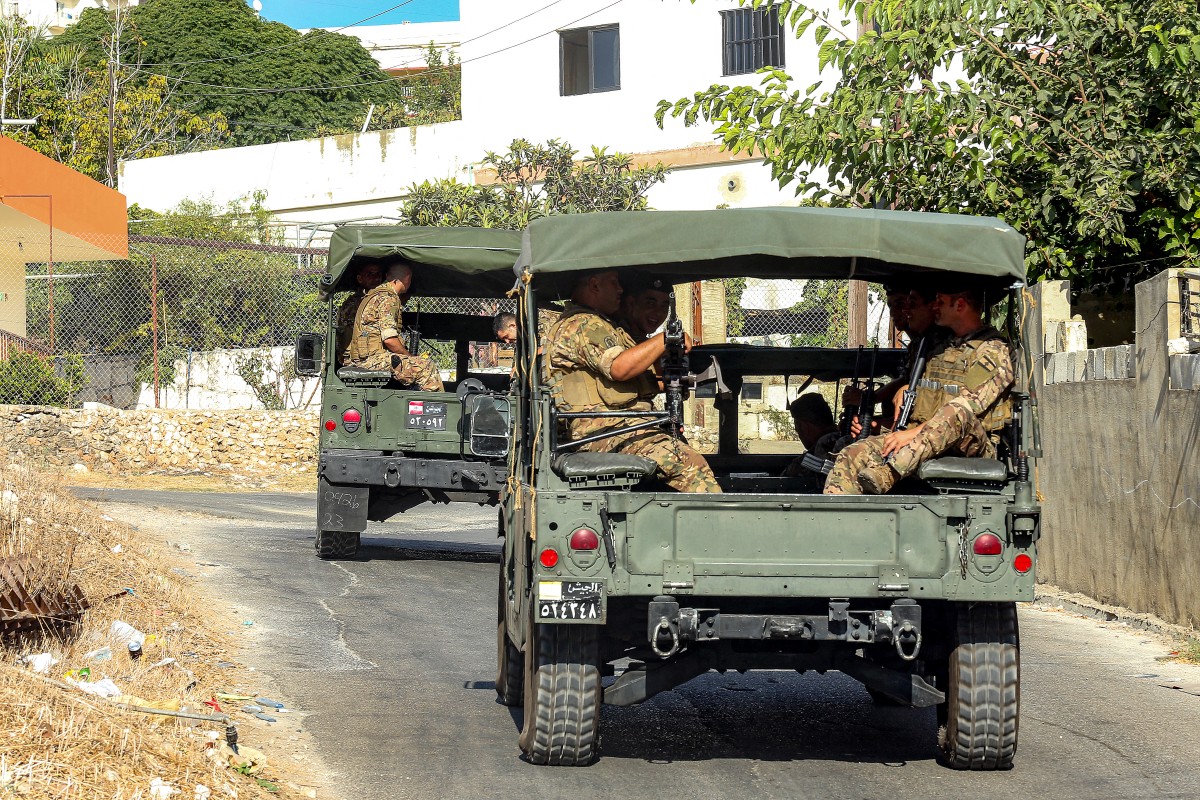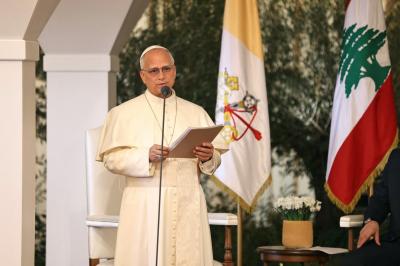In a scene reshaping the map of security in the South and the Bekaa, Lebanon is witnessing a large-scale resumption of mine and unexploded ordnance clearance operations. It is a step where international and local efforts converge to bring life back to lands deprived of safety for decades. The issue is no longer just about removing an old military hazard—it has become a humanitarian and developmental project that touches the daily lives of thousands of families.
The Role of the United Nations and International Organizations
Last week, the United Nations Interim Force in Lebanon (UNIFIL) restarted humanitarian demining operations in the South at the formal request of the Lebanese government, after nearly two years of suspension caused by security escalations along the Blue Line.
Specialized teams from Cambodia and China are now working in Blida and Maroun al-Ras, covering an estimated 18,000 square meters. Their work is carried out under a memorandum of understanding signed with the Lebanese Army in March, aimed at enhancing cooperation and strengthening state authority along the border. UNIFIL has also increased its demining teams to 24, up from just nine in the fall of 2023, allowing clearance operations to expand to roads and unexploded ordnance.
In parallel, the Mines Advisory Group (MAG) completed a major project funded by the German Foreign Ministry, worth €2.2 million and running until February 2025. The initiative achieved notable results, including:
- Clearing 286,846 square meters of contaminated land (equivalent to 40 football fields).
- Returning 10 safe areas for agricultural and residential use.
- Supporting 13 villages that faced daily risks from cluster munitions.
- Organizing more than 230 awareness sessions for around 3,000 people, mostly children, along with digital campaigns reaching 4.44 million Lebanese.
- Directly protecting 9,000 people through clearance and education.
These efforts have had an immediate impact on local lives. “After the area was cleared, my sheep returned to graze safely. I’ve regained my daily source of income after years of fear,” said Salim Hazra from Western Bekaa.
Humanitarian and Security Dimensions
This work comes at a sensitive time of rising tensions in the South. Today, mine clearance is not only about eliminating remnants of past wars but also a long-term investment in:
- Strengthening food security by restoring land for agriculture.
- Supporting infrastructure, housing, and education projects.
- Reducing internal displacement and reinforcing social stability.
Land as a Source of Life
Dr. Fadi Murad, an expert in human security, stressed: “Demining is as vital as rebuilding hospitals and schools. The land is the source of life for Lebanese people, and agriculture is a social and economic safety valve. What is happening today is not just a technical process but a strategic project to rebuild people’s trust in their ability to remain in their villages instead of thinking about migration or displacement.”
Toward a New Phase
These operations reveal a qualitative shift in Lebanon’s approach to the mine issue, based on a tripartite partnership between the Lebanese Army, international institutions, and humanitarian organizations. The goal is no longer limited to clearing land but to building sustainable local capacities that ensure the safety of future generations.
As these projects advance, areas once forbidden and dangerous for decades are being transformed into safe spaces for agriculture, education, and housing—opening the door to investment and development in border and mountain regions long plagued by marginalization and risk.
Please post your comments on:
[email protected]
 Politics
Politics













